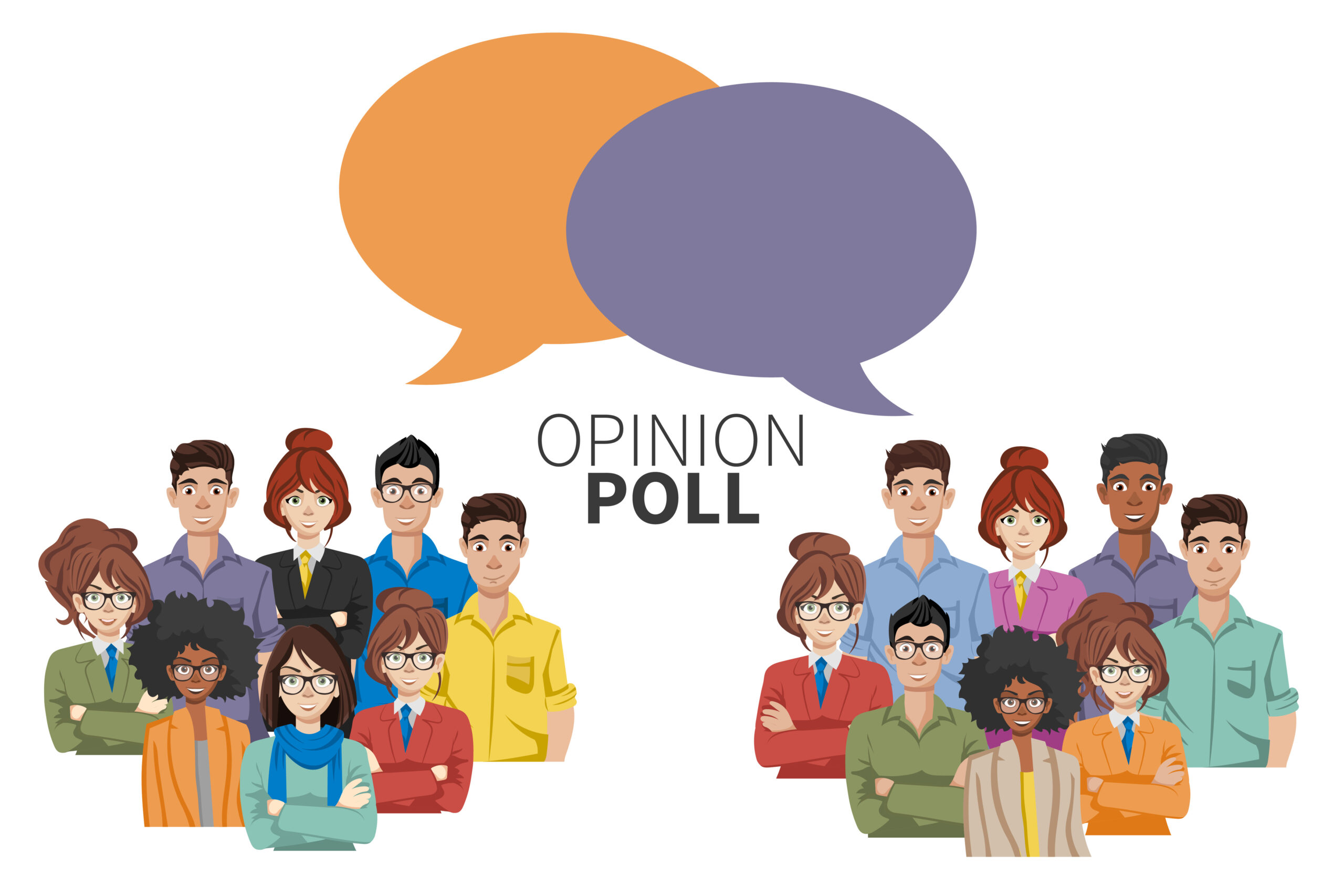
BELOW PASTED FROM PRESS RELEASE | REPORT ATTACHED AS PDF
In response to a recommendation by an independent study team for NASA to play a more prominent role in understanding Unidentified Anomalous Phenomena (UAP), the agency announced Thursday it is appointing a director of UAP research.
NASA commissioned the independent study to better understand how the agency can contribute to ongoing government efforts to further the study observations of events in the sky that cannot be identified as balloons, aircraft, or as known natural phenomena from a scientific perspective.
“At NASA, it’s in our DNA to explore – and to ask why things are the way they are. I want to thank the Independent Study Team for providing insight on how NASA can better study and analyze UAP in the future,” said Administrator Bill Nelson. “NASA’s new Director of UAP Research will develop and oversee the implementation of NASA’s scientific vision for UAP research, including using NASA’s expertise to work with other agencies to analyze UAP and applying artificial intelligence and machine learning to search the skies for anomalies. NASA will do this work transparently for the benefit of humanity.”
The report contains the external study team’s findings and recommendations which aim to inform NASA on what possible data is available to be collected and how the agency can help shed light on the origin and nature of future UAP. The report is not a review or assessment of previous UAP incidents.
While NASA is still evaluating the report and assessing the independent study team’s findings and recommendations, the agency is committed to contributing to the federal government’s unified UAP effort by appointing a director of UAP research.
A NASA liaison to the Department of Defense previously covered limited UAP activities for the agency, and the director role will centralize communications, resources, and data analytical capabilities to establish a robust database for the evaluation of future UAP. The director also will leverage NASA’s expertise in artificial intelligence, machine learning, and space-based observation tools to support and enhance the broader government initiative on UAP.
The independent study team’s overall recommendation for NASA from its report is that the agency can play a prominent role in the government’s effort to understand UAP by furthering the study and data collection of UAP. The external study recommends that NASA use its open-source resources, extensive technological expertise, data analysis techniques, federal and commercial partnerships, and Earth-observing assets to curate a better and robust dataset for understanding future UAP.
NASA also will advance citizen reporting by engaging with the public and commercial pilots to build a broader, more reliable UAP dataset to use to identify future UAP incidents as well as destigmatize the study of UAP.
“Data is the critical lifeblood needed to advance scientific exploration, and we thank the independent study team members for lending NASA their expertise towards identifying what available data is possible to understand the nature and origin of future UAP,” said Nicola Fox, associate administrator, Science Mission Directorate at NASA Headquarters in Washington. “The director of UAP Research is a pivotal addition to NASA’s team and will provide leadership, guidance and operational coordination for the agency and the federal government to use as a pipeline to help identify the seemingly unidentifiable.”
The independent study team, set up outside of NASA, used unclassified data from civilian government entities, commercial data, and data from other sources to inform their findings and recommendations in the report. There are currently a limited number of high-quality observations of UAP, which currently make it impossible to draw firm scientific conclusions about their nature.
“Using unclassified data was essential for our team’s fact-finding, open-communication collaboration, and for upholding scientific rigor to produce this report for NASA,” said David Spergel, president of the Simons Foundation and chair of the UAP independent study team. “The team wrote the report in conjunction with NASA’s pillars of transparency, openness and scientific integrity to help the agency shed light on the nature of future UAP incidents. We found that NASA can help the whole-of-government UAP effort through systematic data calibration, multiple measurements and ensuring thorough sensor metadata to create a data set that is both reliable and extensive for future UAP study.”
The UAP independent study team is a counsel of 16 community experts across diverse areas on matters relevant to potential methods of study for unidentified anomalous phenomena. NASA commissioned the study to examine UAP from a scientific perspective and create a roadmap for how to use data and the tools of science to move our understanding of UAP forward.
On Tuesday night, Rebecca Good's father appeared on CNN to conduct his first interview following her death. He told CNN that he doesn't blame ICE or Rebecca, but rather sees it as the result of "bad choices" and not "walking the Spirit of God."
"I don't blame ICE, I don't blame Rebecca, I don't blame Renee. I just, you know, I just wish that, you know, if- if we're walking the Spirit of God, I don't think she would have been there. That's- that's the way I look at it."
Wow.
On #InsideTheNumbers, 'THE PEOPLE'S PUNDIT' Rich Baris, Director of BIG DATA POLL, reacted to criticisms he's been too hard on President Donald Trump.
"First of all, let me just address that first and foremost. I'm a public opinion pollster. I'm not your friend. You don't own me. I'm not the 'Trump Pundit'. I'm not the 'Obama Pundit'. I'm not the 'Democrat Pundit'. I'm not the 'Republican Pundit'. It says 'People's Pundit'."
"My loyalty is to the people that I speak to every day. They don't have a voice."
Support the Public Polling Project!
https://www.bigdatapoll.com/public-polling-project/
Still Not a Locals Supporter?
https://peoplespundit.locals.com/
Join this channel to get access to perks:
https://www.youtube.com/channel/UCWubnBV028_4rVoDPt7FpNQ/join
On #InsideTheNumbers, 'THE PEOPLE'S PUNDIT' Rich Baris, Director of BIG DATA POLL, said "right now" it doesn't look like Republicans "will have the opportunity" to "earn the trust" of 2024 Trump OR Bust voters and "rebrand as America First."
He explains how legislative opportunities during the peak of the Trump Presidency have been squandered, and whatever course correction the president makes, won't necessarily benefit Republicans in the 2026 midterms.
"Their window to show the American people that, that is true, has closed."
Support the Public Polling Project!
https://www.bigdatapoll.com/public-polling-project/
Still Not a Locals Supporter?
https://peoplespundit.locals.com/
Watch Live 3:00 PM EST — Robert Barnes and Rich Baris discuss in detail bombshell results within the Public Polling Project for Early Spring 2021, and more civil unrest amid the trial of Derek Chauvin for the death of George Floyd.
Support the Public Polling Project
https://www.bigdatapoll.com/public-polling-project/
Locals Communities
https://peoplespundit.locals.com/
https://vivabarneslaw.locals.com/
Like on Facebook
https://www.facebook.com/PeoplesPunditDaily
Follow on Twitter
https://twitter.com/Peoples_Pundit
https://twitter.com/Barnes_Law
Theme Song: "Highway" By Grammy Considered Bowen Band
https://www.chrisbowenband.com/
What a shlit show, folks.
Frontpage of RCP though.
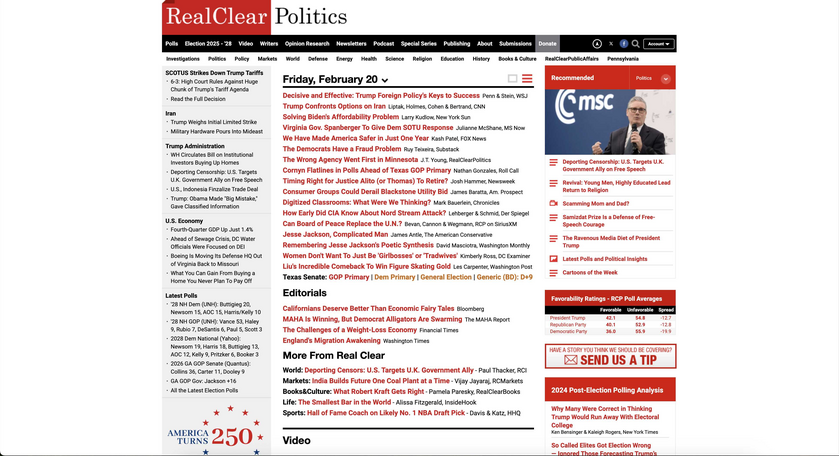
Let's go over some polling for the press releases and make fun of people who don't listen because 1) they're captured by donors and/or deep state, 2) are delulu and think Trump plays 4D Chess and 3) those who don't understand the statistical improbability of me being wrong.
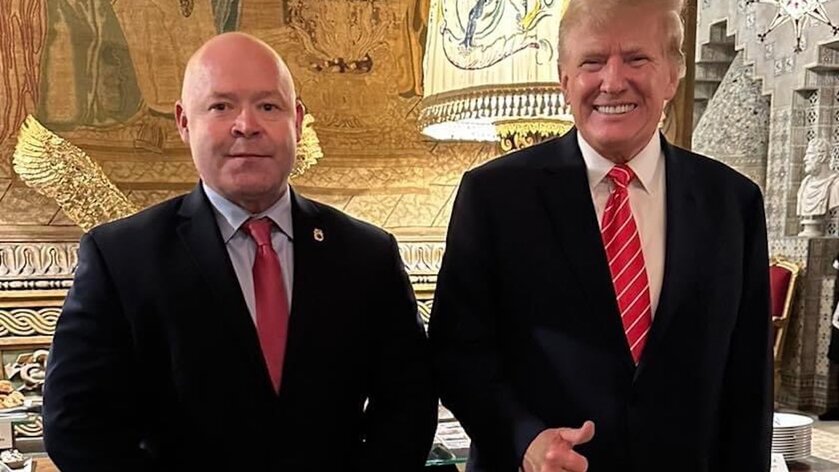
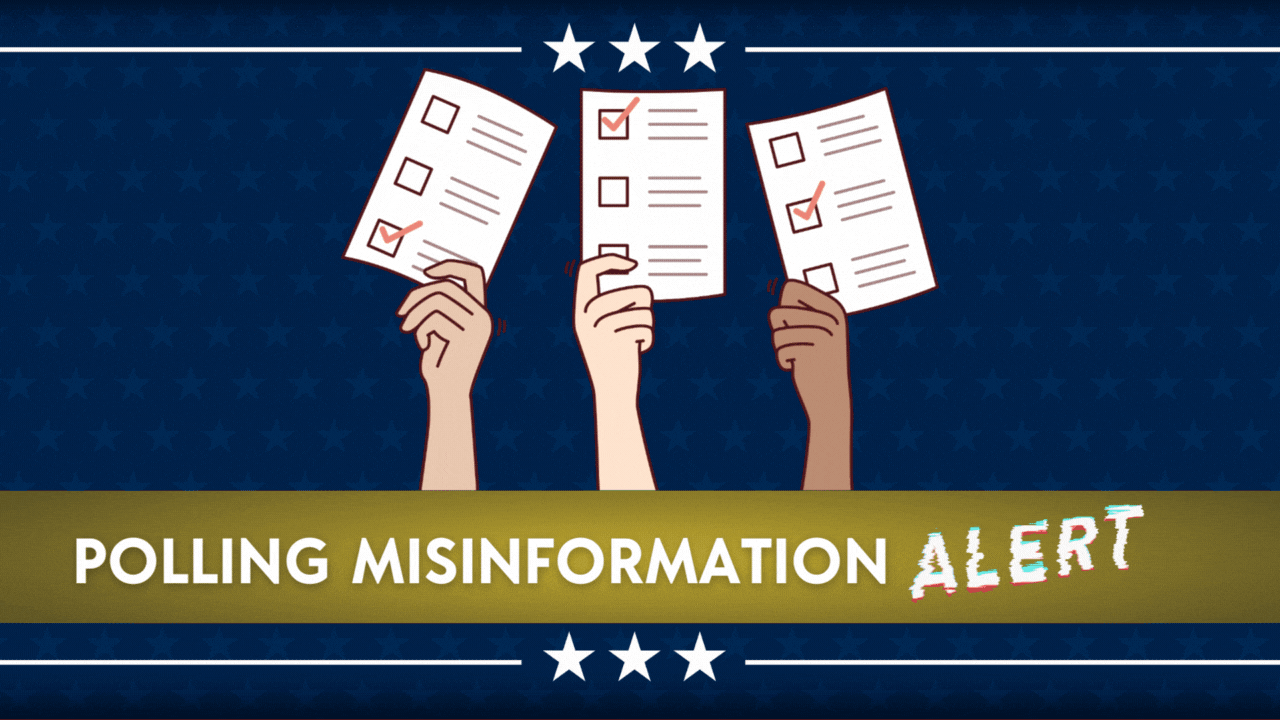
Watching people attempt to "unskew" polls conducted by all walks of this industry—ranging from Nate Cohn at The New York Times to Spencer Kimball at Emerson College to Tim Malloy at Quinnipiac—all to deny Donald Trump's gains against Joe Biden with various voting blocs, is more than a little sad.
The slew of recent polls over two weeks—to include no less than four today alone—have simply confirmed prior findings published from other pollsters who have previously been "unskewed". That includes your's truly and our work at BIG DATA POLL, Mark Penn at Harvard University, Patrick Ruffini at Echelon Insights, and many others.
I'm temped to equate this with an Occam's razor-like situation. But this debate is more about likelihood than simplicity.
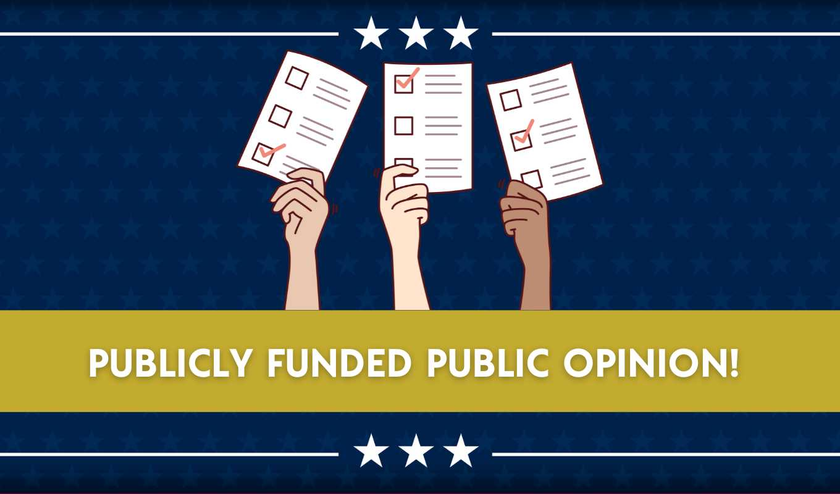
Here's the Presidential Vote Preference Trend for Biden v. Trump going back to August 2020. The Public Polling Project did not begin asking the Rematch Question for 2024 until September 2021. However, we can still make some pretty important and interesting observations.

